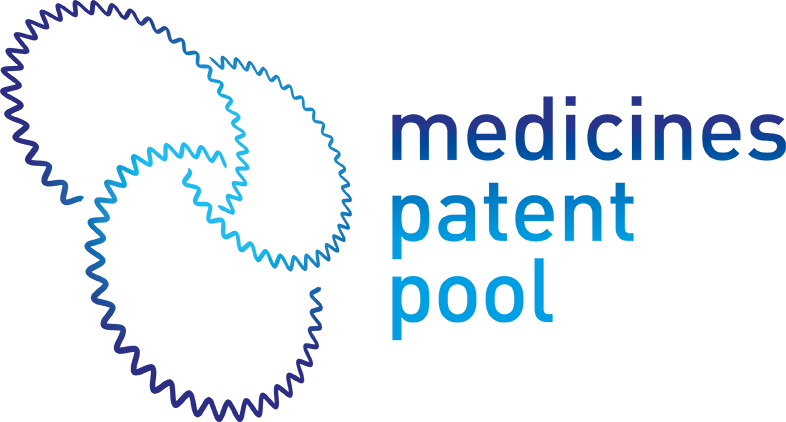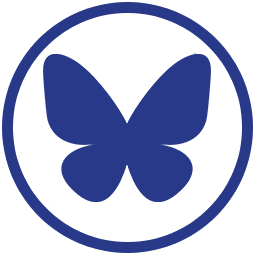Hepatitis C drugs, available as generics through MPP’s licence, show early promising results for COVID-19
17 July 2020
Announced at the Virtual COVID-19 2020 conference on 10 July, results from three small trials in Iran showed significantly faster rates of clinical recovery and improved survival for patients hospitalised with COVID-19 infection when given a combination of sofosbuvir (SOF) and daclatasvir (DAC). In 2015, the Medicines Patent Pool (MPP) signed a royalty free licensing agreement on daclatasvir with the pharmaceutical company Bristol-Myers Squibb (BMS), that has enabled three manufacturers to have developed the product and obtain international quality assurance. If results are confirmed in larger clinical trials, MPP and its licensees stand ready to facilitate speedy access to the drug. The MPP licence allows at least 112 low- and middle-income countries to benefit from the generic version.
“These new results with the use of SOF/DAC in the treatment of COVID-19 are definitely encouraging,” said MPP’s Executive Director Charles Gore. “Expanding on our existing DAC licence, and in line with our mandate in COVID-19, we have begun discussions with generic manufacturers to catalyse speedy roll out and wide access, should the drug prove effective for COVID-19 in large trials”.
“These results are encouraging but should be considered preliminary, with data expected from larger trials in Brazil, Egypt and South Africa,” said Philippe Duneton, Unitaid Executive Director a.i. “If these results are confirmed in the larger trials, it is critical that the treatment is made available to anyone with SARS-CoV-2, in any country, and MPP is likely to play an important role in ensuring just that”. The therapeutics partnership of the Access to COVID-19 Tools (ACT) Accelerator, co-convened by Unitaid and Wellcome, is speeding access to effective medicines – supporting research, market entry and deployment at scale for COVID-19 therapeutics.
“MPP has streamlined the process by which manufacturers of generic medicines can quickly access licenses and develop low-cost, high-quality versions of these important treatments,” said Anil Soni, Head of Global Infectious Diseases at Mylan. “Mylan received the first generic WHO prequalification for daclatasvir[1] in May 2019, signifying that it meets quality standards comparable to those of the FDA or European Medicines Agency. Mylan’s pre-qualification represents a rapid pace for which treatment, for any disease, has gone from initial branded approval to the first quality-assured generic[2] – less than four years. As the COVID-19 pandemic continues to evolve, Mylan is committed to doing its part to support public health needs by working to ensure an uninterrupted supply of medicines to assist in the massive prevention, diagnosis, and treatment efforts needed to counter the spread of COVID-19.”
The generic manufacturers who have received WHO pre-qualification for daclatasvir are Mylan, Cipla, and Hetero, who have all indicated their support to help in the COVID-19 treatment effort.
DAC has currently been commercialised in 26 countries by MPP licensees, with more than 800,000 treatments supplied to date for the treatment of hepatitis C. The pack price of generic DAC 60 mg saw an 80% price reduction between 2016-2019[3]. As of 20 March 2020, in addition to the 112 countries included in the licence, generics can supply in a further 26 countries.[4] Currently MPP holds seven sublicence agreements with generic partners – Beximco Pharma, Cipla, Hetero, Laurus Labs, Mylan, Natco and Zydus Cadila.
[1] https://extranet.who.int/prequal/medicine/4200
[2] Based on US FDA and EMA approvals for new chemical entities vs. US FDA PEPFAR and WHO PQ approvals for generic versions of the same molecules.
[3] Based on quaterly information gathered from generic manufactuerers for DAC 60mg. 2016 price ($105) 2019 ($20.00)
[4] MPP-BMS licence on Daclatasvir (112 countries): Afghanistan, Algeria, Angola, Azerbaijan, Bangladesh, Belize, Benin, Bhutan, Bolivia (Plurinational State of), Botswana, Burkina Faso, Burundi, Cabo Verde, Cambodia, Cameroon, Central African Republic, Chad, Comoros, Congo, Congo, democratic Republic of the, Cook Islands, Costa Rica, Cuba, Côte d’Ivoire, Djibouti, Dominica, Dominican Republic, Ecuador, El Salvador, Equatorial Guinea, Eritrea, Eswatini, Ethiopia, Fiji, Gabon, Gambia (the), Georgia, Ghana, Grenada, Guatemala, Guinea, Guinea-Bissau, Guyana, Haiti, Honduras, India, Indonesia, Iraq, Jamaica, Kenya, Kiribati, Korea (Democratic People’s Republic of), Lao People’s Democratic Republic (the), Lesotho, Liberia, Libya, Madagascar, Malawi, Maldives, Mali, Marshall Islands, Mauritania, Mauritius, Micronesia (Federated States of), Mongolia, Morocco, Mozambique, Myanmar, Namibia, Nauru, Nepal, Nicaragua, Niger, Nigeria, Niue, Pakistan, Palau, Panama, Papua New Guinea, Paraguay, Philippines, Rwanda, Saint Lucia, Saint Vincent and the Grenadines, Samoa, Sao Tome and Principe, Senegal, Seychelles, Sierra Leone, Solomon Islands, Somalia, South Africa, South Sudan, Sri Lanka, State of Palestine, Sudan, Suriname, Syrian Arab Republic, Tanzania, United Republic of, Timor-Leste, Togo, Tonga, Tunisia, Turkmenistan, Tuvalu, Uganda, Uzbekistan, Vanuatu, Viet Nam, Yemen, Zambia, Zimbabwe
Countries where BMS has formally told us it will not enforce (26 countries): “Albania, Armenia, Belarus, Bosnia and Herzegovina, Bulgaria, Chile, Colombia, Egypt, Jordan, Kazakhstan, Kosovo, Kyrgyzstan, Lebanon, Malaysia, Mexico, Moldova, Republic of, Montenegro, North Macedonia, Peru, Romania, Serbia, Tajikistan, Thailand, Ukraine, Uruguay, Venezuela”











